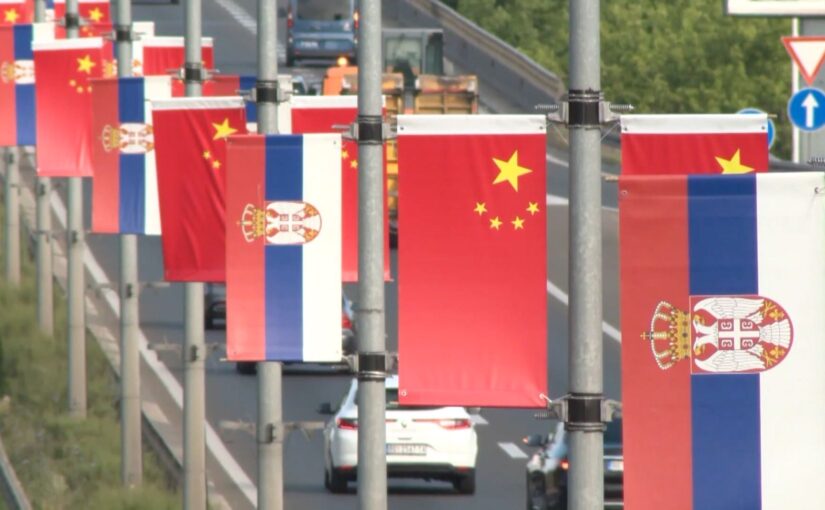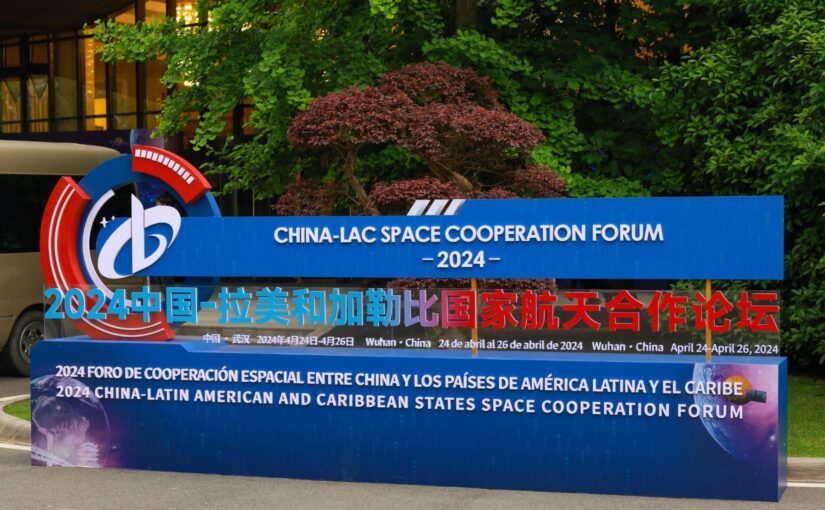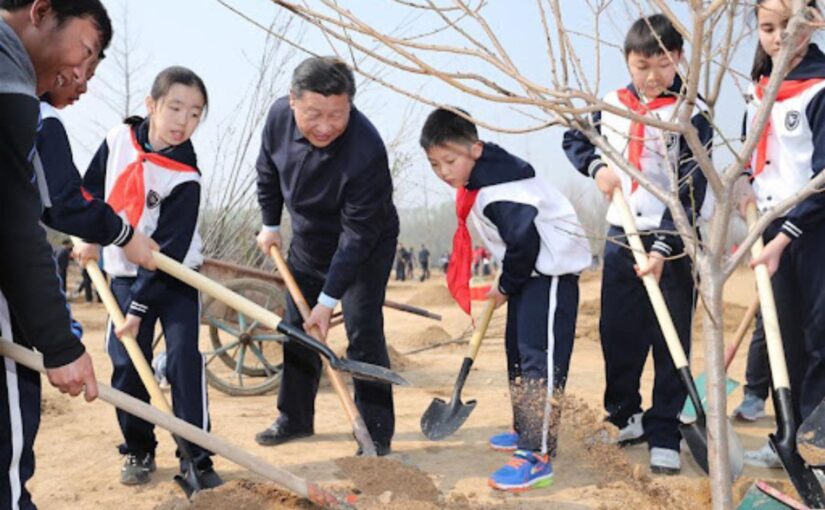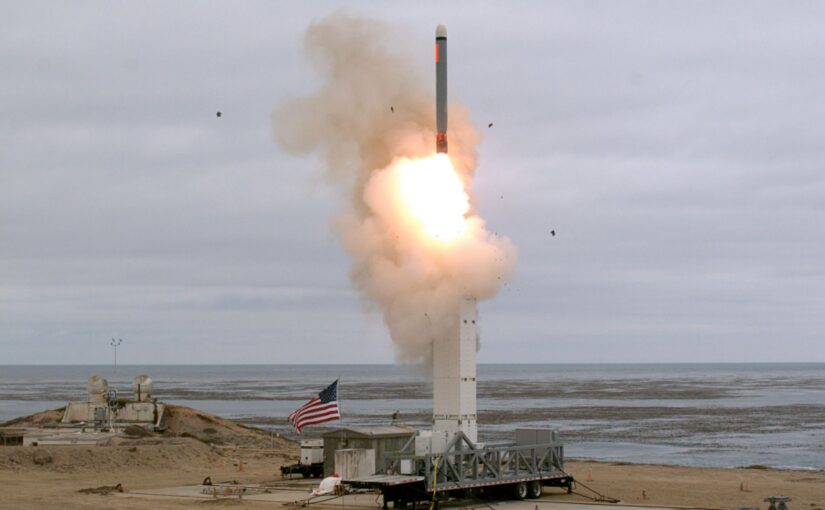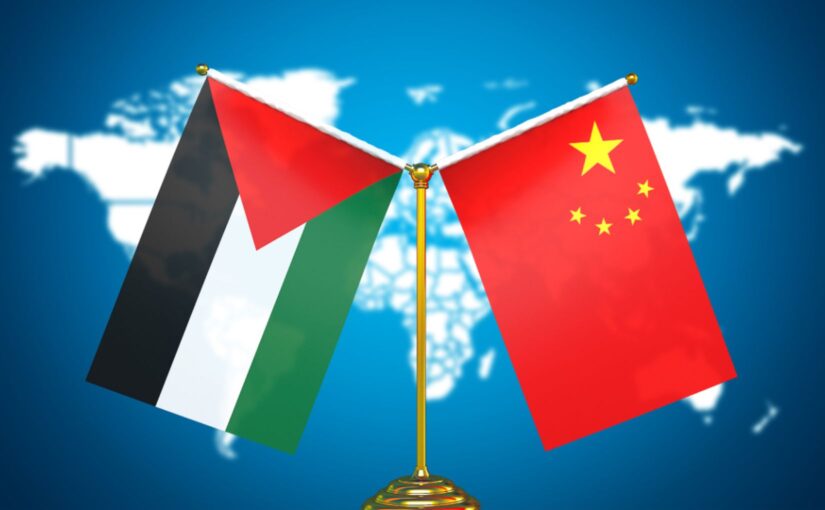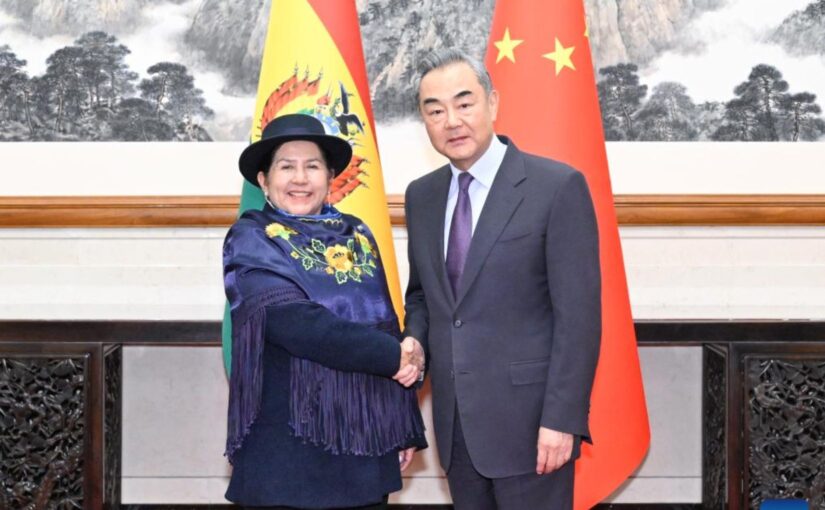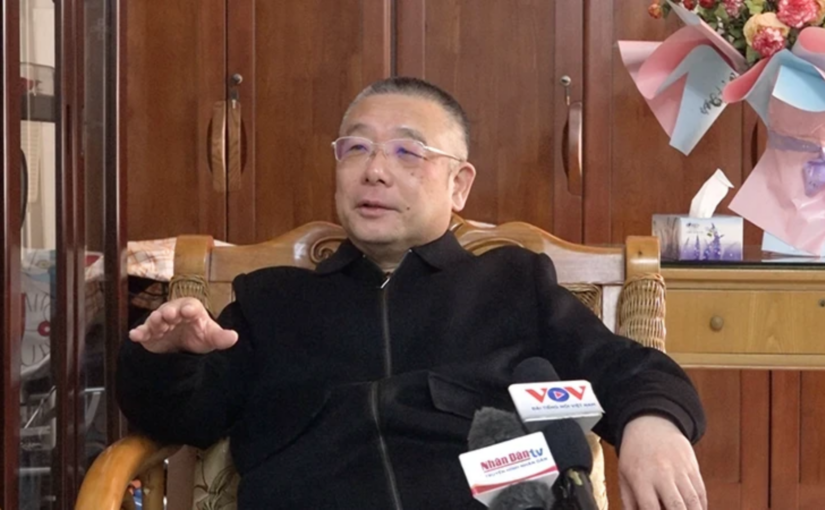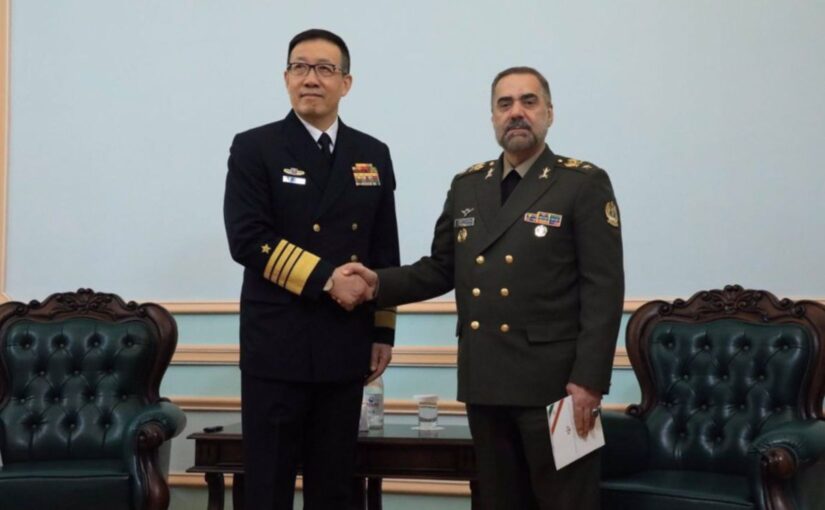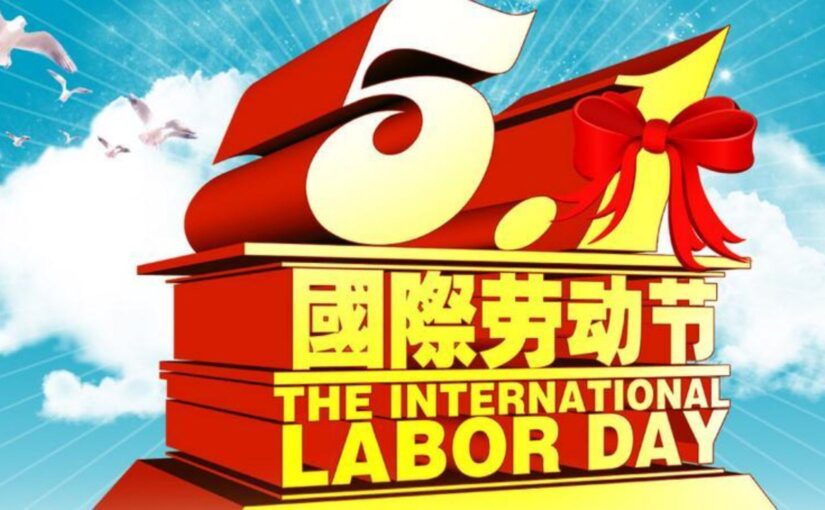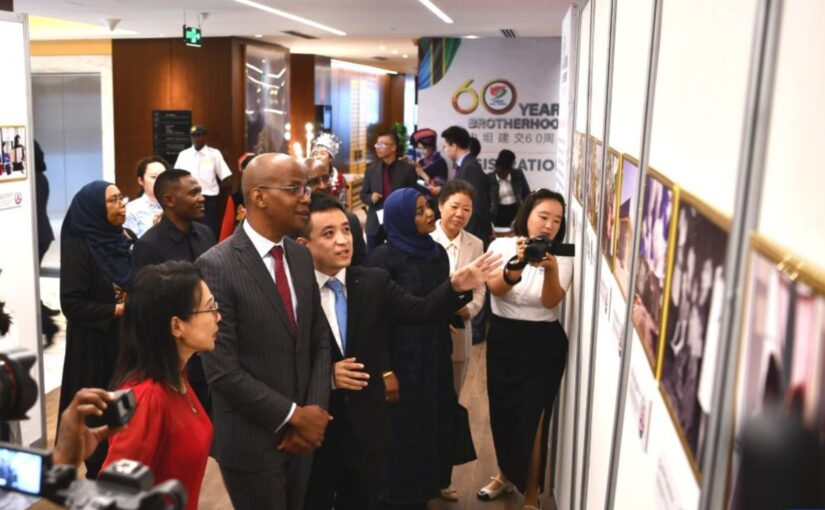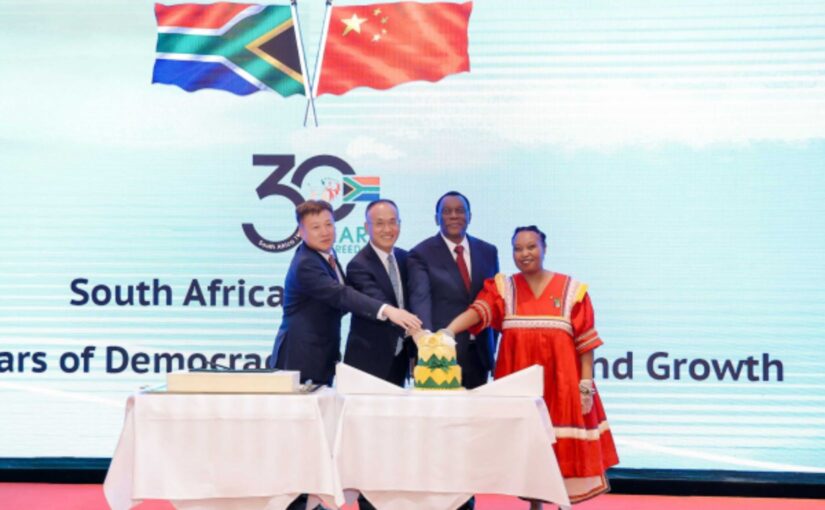As China celebrated the May Day holiday, marking International Workers’ Day, Chinese leader Xi Jinping extended his greetings and best wishes to the country’s working people.
In his message, Xi called on working people to actively participate in advancing Chinese modernisation with high-quality development and work tirelessly to promote the building of a strong country and the rejuvenation of the Chinese nation on all fronts. He also asked party committees and government bodies at all levels to earnestly realise, safeguard and develop the legitimate rights and interests of workers.
Also, in a significant development, President Xi replied to a letter from Serbian workers at the HBIS Smederevo Steel Plant. Xi said that during his previous state visit to Serbia in 2016, he met with the workers there face-to-face and deeply felt their support for the mutually beneficial cooperation between China and Serbia, and their high expectations for a bright future of the steel plant.
He continued:
“It is a great pleasure to learn that the steel plant has turned losses into gains quickly after the investment of a Chinese-funded enterprise, with the jobs of more than 5,000 employees guaranteed and thousands of families enjoying a peaceful and happy life.
“The development of the plant cannot be achieved without the dedication and hard work of the workers, who have been working diligently for the quick growth of the steel plant and have written a new chapter for the iron-clad friendship between China and Serbia. I give you ‘the thumbs up.’”
Thirty representatives of the HBIS Smederevo Steel Plant workers wrote a letter to Xi, expounding on the latest development of the plant and its important contribution to improving local people’s wellbeing. They also thanked him for showing care for and facilitating the project. In a recent interview with the CGTN Leaders Talk series, Serbian President Aleksandar Vučić also recalled Xi’s 2016 visit to the steel plant and his care for the project.
Xi’s reply was dated April 29 but released on May Day. The Chinese President is scheduled to make another state visit to Serbia next week, as the second leg of a European visit that will also take him to France and Hungary. His visit to Serbia will coincide with the 25th anniversary of US-led NATO’s bombing of the Chinese Embassy in Belgrade, which claimed the lives of three Chinese citizens and wounded others.
Also on May 1st, an article by Xi Jinping on mobilising China’s hundreds of millions of workers to vigorously take part in the great cause of building a strong country and national rejuvenation was published in this year’s ninth issue of Qiushi, the main theoretical journal of the Communist Party of China (CPC).
According to the article, since the 18th CPC National Congress, the working class has been playing a backbone role in the development of the cause of the Party and the country under the leadership of the CPC Central Committee. The Chinese workers’ movement has made historic achievements, and the work of trade unions has made comprehensive progress.
The article says Chinese workers have taken on significant challenges and shouldered responsibilities in such major work as economic development, scientific and technological innovation, poverty alleviation, rural revitalisation, epidemic prevention and control, and disaster relief.
Trade unions should earnestly safeguard the rights of workers and strive to solve practical problems concerning their vital interests, in particular for workers in new forms of employment.
Besides, Party committees at all levels should strengthen leadership over trade unions and their work, and government bodies at all levels should help trade unions solve workers’ difficulties and problems.
The following articles were originally published by the Xinhua News Agency and on the www.cpcnews.cn website. The latter, which is the full text of the Qiushi article, comprising the main part of General Secretary Xi Jinping’s speech on October 23, 2023, when he spoke with the members of the new leadership team of the All-China Federation of Trade Unions (ACFTU), was published in Chinese and has been machine translated.
Xi extends greetings to working people nationwide ahead of Int’l Workers’ Day
BEIJING, April 30 (Xinhua) — Chinese President Xi Jinping on Tuesday extended festive greetings and best wishes to the country’s working people ahead of International Workers’ Day, which falls on May 1.
Xi, also general secretary of the Communist Party of China (CPC) Central Committee and chairman of the Central Military Commission, sent the greetings on behalf of the CPC Central Committee.
This year marks the 75th anniversary of the founding of the People’s Republic of China and a crucial year to fulfill the goals and tasks set in the 14th Five-Year Plan, Xi said, praising the important contributions made by the working people to the cause of the Party and the country.
Xi called on working people to actively participate in advancing Chinese modernization with high-quality development, and work tirelessly to promote the building of a strong country and the rejuvenation of the Chinese nation on all fronts.
Xi asked Party committees and governments at all levels to earnestly realize, safeguard and develop the legitimate rights and interests of workers, and encourage working people to realize dreams through their work.
Xi replies to letter from Serbian steelworkers
BEIJING, May 1 (Xinhua) — Chinese President Xi Jinping has replied to a letter from Serbian workers in HBIS Smederevo Steel Plant.
In a letter dated Monday, Xi encouraged them to make new contributions to the China-Serbia friendship.
Xi said that during his state visit to Serbia in 2016, he met with the workers face-to-face at the Smederevo Steel Plant and deeply felt their support for the mutually beneficial cooperation between China and Serbia, and their high expectations for a bright future of the steel plant.
From their letter, Xi said he learned that with the joint efforts of the management teams of both sides and the workers themselves, the steel plant has taken on a new look, providing strong support for the development of Smederevo City.
It is a great pleasure to learn that the steel plant has turned losses into gains quickly after the investment of a Chinese-funded enterprise, with the jobs of more than 5,000 employees guaranteed, and thousands of families enjoying a peaceful and happy life, said the Chinese president.
The development of the plant, he said, cannot be achieved without the dedication and hard work of the workers, who have been working diligently for the quick growth of the steel plant and have written a new chapter for the iron-clad friendship between China and Serbia.
I give you “the thumbs up,” Xi said.
The sound development of the plant is a striking epitome of high-quality Belt and Road cooperation between China and Serbia as well as a paradigm of their mutually beneficial cooperation, he said, adding that the steelworkers are participants, witnesses, contributors to and beneficiaries of China-Serbia friendly cooperation.
“I hope you will continue to do your own jobs wholeheartedly and dedicate yourself enthusiastically to the operation and development of the plant, so as to make new and greater contributions to the socio-economic development of Serbia and the consolidation of the China-Serbia friendship,” Xi said.
Thirty representatives of Serbian workers in HBIS Smederevo Steel Plant wrote a letter to Xi, expounding on the latest development of the plant and its important contribution to improving local people’s wellbeing. They also thanked Xi for showing care for and facilitating the project.
Xi’s article on mobilizing workers to participate in building a strong country, national rejuvenation to be published
BEIJING, April 30 (Xinhua) — An article by Xi Jinping, general secretary of the Communist Party of China (CPC) Central Committee, on mobilizing the country’s hundreds of millions of workers to vigorously take part in the great cause of building a strong country and national rejuvenation will be published on Wednesday.
The article by Xi, also Chinese president and chairman of the Central Military Commission, will be published in this year’s ninth issue of the Qiushi Journal, a flagship magazine of the CPC Central Committee.
Since the 18th CPC National Congress, the working class has been playing a backbone role in the development of the cause of the Party and the country under the leadership of the CPC Central Committee. The Chinese workers’ movement has made historic achievements, and the work of trade unions has made comprehensive progress, according to the article.
The article says Chinese workers have taken on significant challenges and shouldered responsibilities in major work such as economic development, scientific and technological innovation, poverty alleviation, rural revitalization, epidemic prevention and control, and disaster relief.
On the work of trade unions, the article stresses the importance of adhering to the overall leadership of the Party over trade unions, and not wavering or deviating from it at any time or under any circumstances.
Efforts must be made to encourage workers to actively take part in the great cause of building China into a strong country and national rejuvenation on all fronts, the article says, noting that it is necessary to promote the spirit of model workers, the working spirit and craftsmanship.
Trade unions should earnestly safeguard the rights of workers and strive to solve practical problems concerning their vital interests, in particular for workers in new forms of employment, according to the article.
Besides, Party committees at all levels should strengthen leadership over trade unions and their work, and governments at all levels should help trade unions solve workers’ difficulties and problems, the article says.
Organize and mobilize hundreds of millions of workers to actively participate in the great cause of building a strong country and national rejuvenation
Xi Jinping
Since the 18th National Congress of the Communist Party of China, under the strong leadership of the CPC Central Committee, China’s working class has played a major role in the development of the cause of the Party and the country. In the past five years, the broad masses of workers have worked with the party and struggled with the party, and have shown the style of the times in major work such as economic construction, scientific and technological innovation, poverty alleviation, rural revitalization, epidemic prevention and control, emergency rescue and disaster relief.
The All-China Federation of Trade Unions and trade unions at all levels have strengthened the ideological and political guidance of employees, promoted the construction and reform of the ranks of industrial workers, protected the rights and interests of workers, maintained political security in the labor field, deepened the reform of the trade union system, and continuously enhanced the political, advanced and mass nature. The CPC Central Committee has fully affirmed the major contributions made by the working class and the new achievements made in the work of the trade unions.
With regard to the work of trade unions in the coming period, the congress made arrangements. Here, I would like to emphasize a few more points.
First, uphold the party’s overall leadership over trade unions. China’s labor movement has developed under the leadership of the party, and trade unions are mass organizations of the working class under the leadership of the party. We must uphold the party’s overall leadership over trade unions, and we must not waver or deviate from them at any time and under any circumstances. Upholding the party’s leadership is not abstract and vague, and cannot be reduced to a mere formality, but must be comprehensively and effectively implemented in the entire process and in all aspects of trade union work. In particular, in establishing trade unions in new economic organizations, new social organizations, and new employment groups, it is necessary to take a clear-cut stand and uphold the party’s leadership from the very beginning. It is necessary to resolutely safeguard the authority of the Party Central Committee and its centralized and unified leadership, always maintain a high degree of unity with the Party Central Committee in ideology, politics, and action, and ensure the correct direction of trade union work. It is necessary to unremittingly use the ideology of socialism with Chinese characteristics in the new era to forge the soul, continue to promote the theoretical arming to go deeper and more practical, and constantly enhance the ideological consciousness and action consciousness of learning and practicing the party’s innovative theories. It is necessary to keep in mind the “great power of the country”, find out the combination point, entry point and focus point of the trade union work and the central task of the party, promote the implementation of the decisions and arrangements of the party Central Committee in the trade union system, and better play the role of trade unions. It is necessary to strengthen ideological and political guidance, do a good job in the ideological and political work of the workers, educate and guide the broad masses of workers to unswervingly listen to the party and follow the party, and ensure that the working class is always the most solid and reliable class foundation of our party.
Second, organize and mobilize hundreds of millions of workers to forge ahead on a new journey and make contributions to a new era. There are thousands of points in the work of trade unions, and the most fundamental one is to unite the broad masses of workers and workers closely around the party and unite and struggle for the realization of the party’s central tasks. It is necessary to adhere to the fundamental principle of wholeheartedly relying on the working class, fully mobilize the enthusiasm, initiative, and creativity of the broad masses of workers and workers, and actively plunge into the great cause of comprehensively promoting the building of a strong country and the rejuvenation of the nation. It is necessary to focus on implementing the new development concept, building a new development pattern, and promoting high-quality development, carry out various forms of labor and skill competitions extensively and in-depth, stimulate the labor enthusiasm and creative potential of the majority of employees, and give full play to the role of the main force in all walks of life and fields. It is necessary to vigorously carry forward the spirit of model workers, the spirit of labor and the spirit of craftsmen, give full play to the exemplary and leading role of model workers and craftsmen, and encourage the majority of employees to achieve their dreams in hard work, honest work and creative labor. It is necessary to focus on the in-depth implementation of the strategy of rejuvenating the country through science and education, the strategy of strengthening the country with talents, and the strategy of innovation-driven development, deepen the reform of the construction of the contingent of industrial workers, accelerate the construction of an army of knowledge-based, skilled, and innovative industrial workers, and train and bring up more craftsmen and high-skilled personnel of major countries.
Third, do a good job of rights protection services with heart and affection. Chinese modernization is the modernization of common prosperity for all people. The working class and the broad masses of laborers are the main creators of social wealth, and the more obvious and substantive progress in promoting the common prosperity of all the people should first be embodied in the hundreds of millions of laborers. As representatives and defenders of the interests of workers, trade unions should conscientiously perform their basic duties of rights protection services, strive to solve practical problems related to the vital interests of the masses of workers, and pay special attention to safeguarding the legitimate rights and interests of workers in new forms of employment. It is necessary to strengthen the democratic management of enterprises and institutions, smooth the channels for the expression of employees’ demands, guide employees to express their interests in a rational and orderly manner in accordance with the law, protect their own rights and interests, and promote the construction of harmonious labor relations.
Trade unions are the homes of workers, and trade union cadres are the “mother’s family” of workers. It is necessary to continue to deepen the reform and construction of trade unions, firmly establish a clear orientation of grasping the grassroots in a big way, consolidate the foundation of the grassroots level, stimulate the vitality of the grassroots level, and continuously enhance the leadership, organization, and service capacity of the grassroots trade unions. It is necessary to improve the existing organizational foundation, continue to promote the establishment and membership of new economic organizations, new social organizations, and new employment groups, and expand the coverage of trade union organizations. It is necessary to innovate the way of working and strive to provide accurate and intimate services for the masses of workers. Trade union cadres should practice the party’s mass line, conduct in-depth investigation and research, keep abreast of what employees are thinking, thinking and expecting, constantly enhance their ability to serve employees, and sincerely speak and do things for employees. As the leading organ of trade unions at all levels, the All-China Federation of Trade Unions should take the lead in strengthening self-building, be a benchmark and set an example, and become a model political organ that reassures the party and satisfies the people.
Party committees (leading party groups) at all levels should strengthen their leadership over trade unions and trade union work, properly select and strengthen trade union leadership groups, show warm concern for and set strict demands on trade union cadres, and attach importance to the training and use of trade union cadres. It is necessary to pay attention to giving play to the role of trade union organizations, promptly study the important problems encountered by the masses of workers and trade unions, and support trade unions in carrying out their work in a creative manner. Governments at all levels should give full play to the role of the joint conference between the government and the trade unions, and actively help the trade unions resolve the practical difficulties and problems of the masses of workers.
This is the main part of General Secretary Xi Jinping’s speech on October 23, 2023, when he spoke with the members of the new leadership team of the All-China Federation of Trade Unions.
